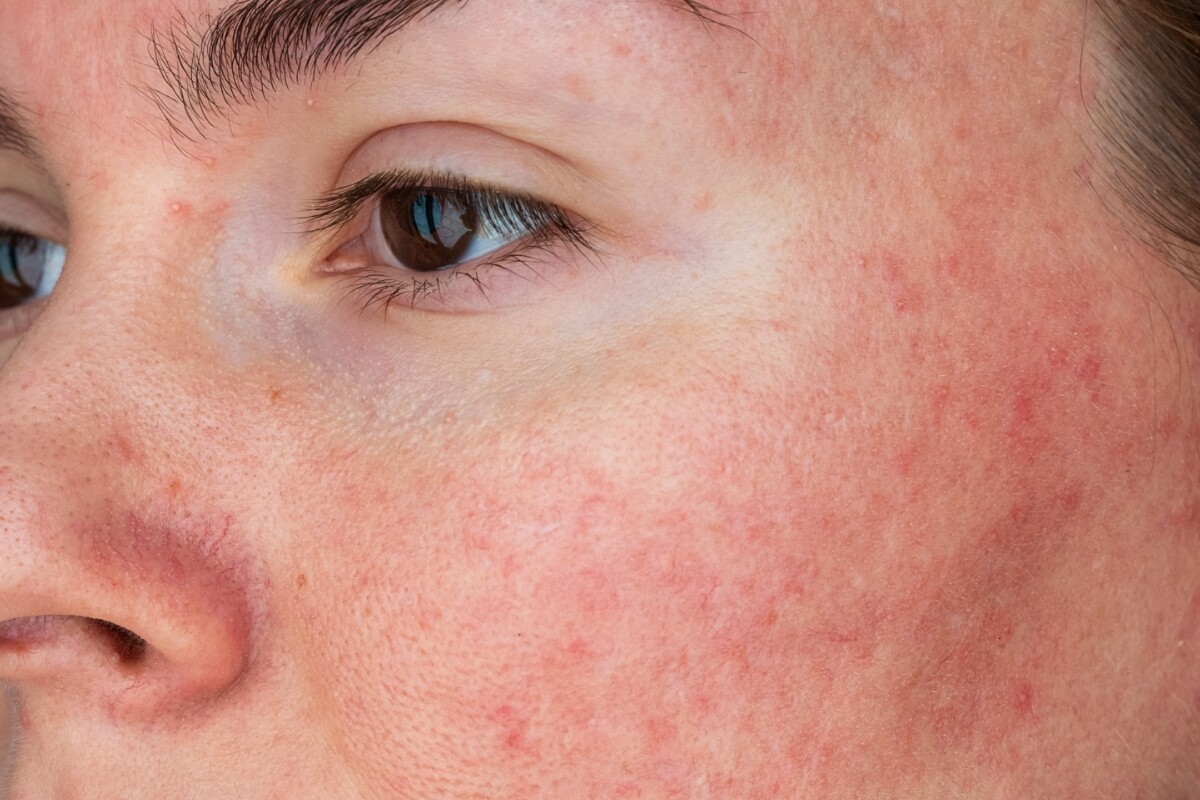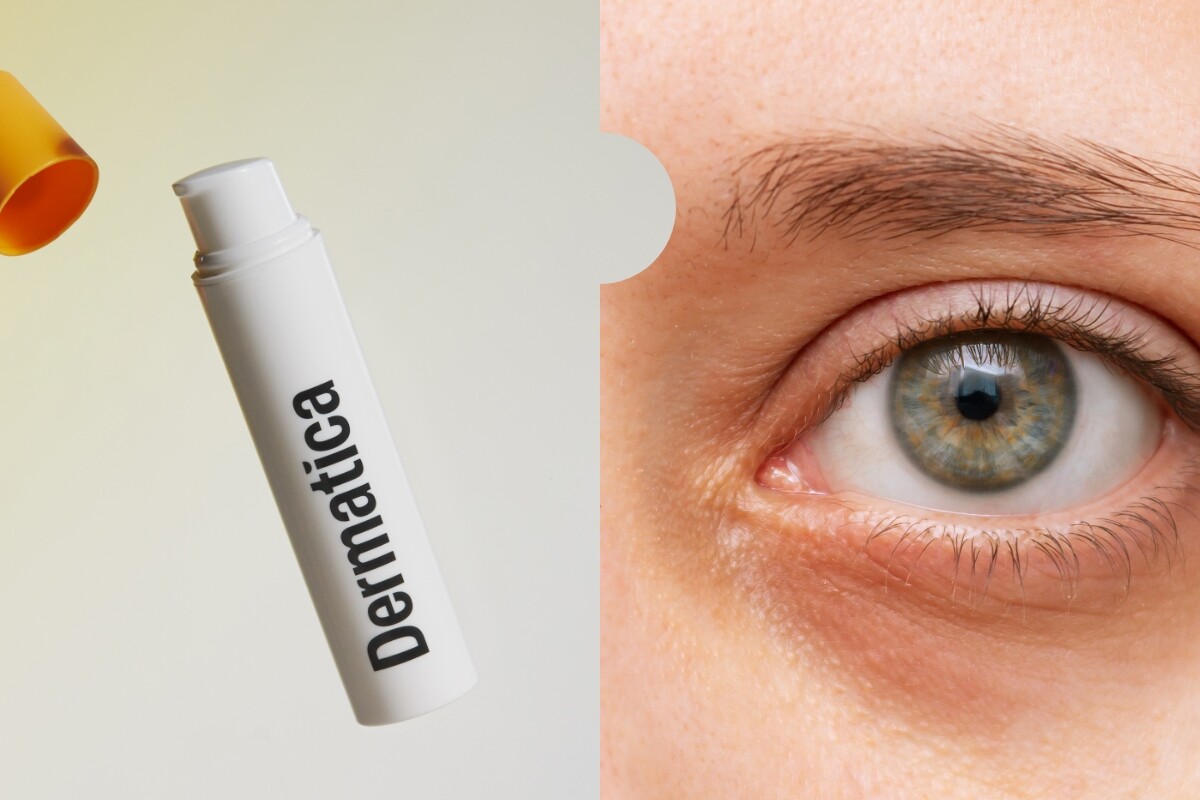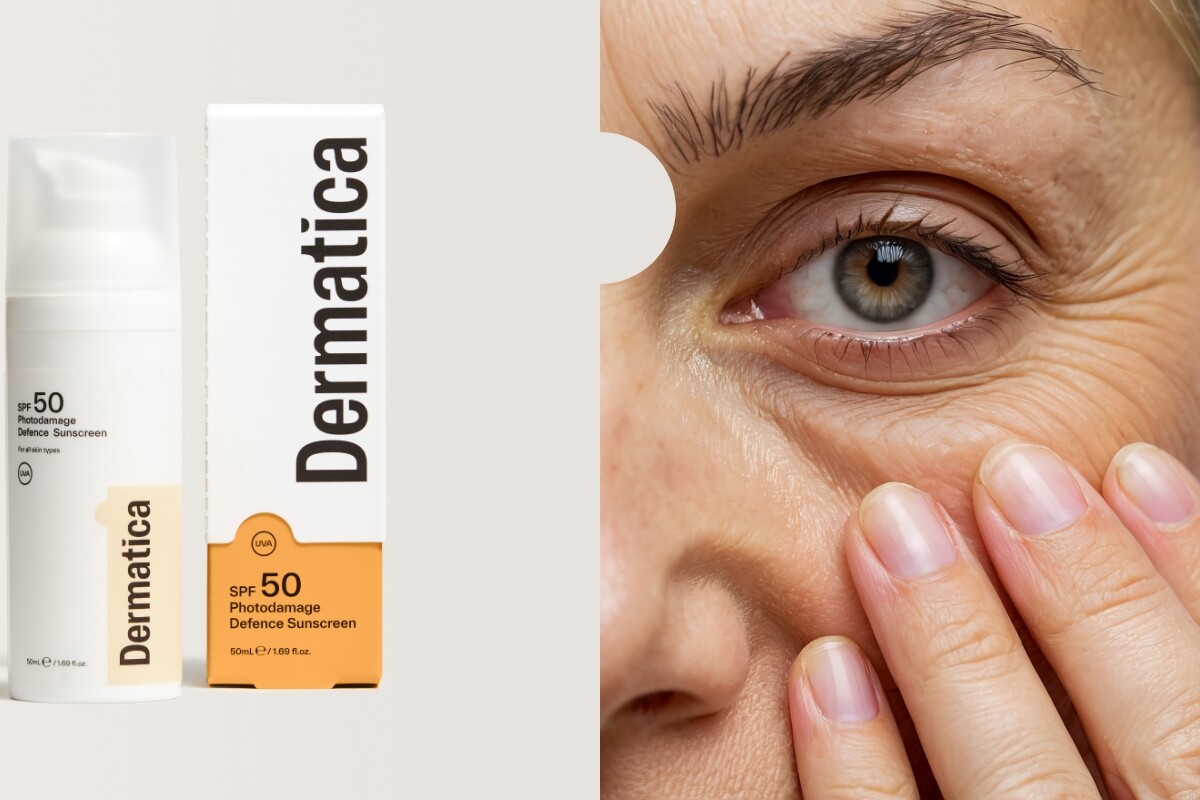There are many reasons why you might want or need to visit a dermatologist – a qualified doctor that specialises in skin conditions. Whether using the NHS or seeing a private consultant – there are options available depending on your condition, its urgency as well as budget or time constraints. What might not always be clear, are the instances in which you don’t need to visit a dermatologist but do need dermatology expertise or services. More on that later.
Can you see a dermatologist without seeing a doctor?
In the UK, you must first visit a GP in order to be referred by them to see an NHS dermatologist. To see a private dermatologist, it is also recommended to get a letter of referral from your NHS (or private) doctor if possible. The reason being, although private dermatologists can treat many conditions, other treatments may only be available through the NHS. It is also possible to see a private specialist directly. If you don’t have a preferred specialist in mind or are at the start of your skin journey and feel like you need medical help, then your GP is the best starting point. If you’d like to avoid in-person appointments altogether, there are of course online options too.
How much is a dermatologist in the UK?
Prices for dermatologists vary depending on your location. Clinics in cities like London are usually more expensive. They’ll also depend on your specific skin concern. You can find out how much your local private dermatology service will cost by enquiring with them directly.
How long is the NHS waiting list for an appointment with a consultant dermatologist?
Demand is understandably high for dermatology appointments – and waitlists are often long. They can range from weeks to months and vary across the country.
How do I get referred to a dermatologist on the NHS?
Firstly you make an appointment with your GP. If they’re unable to treat you themselves, they can refer you for assessment by a dermatologist. On average patients only get 8-10 minutes with a GP, so to get the most out of your time The British Association of Dermatologists recommend writing down a list of your symptoms, including when they started and what makes them better or worse. It can be really helpful to share pictures of your skin symptoms if you are comfortable doing so. This helps a GP see how your skin symptoms present at different times which can help make a diagnosis or make a plan of action. Write down any questions you have too, in case you forget to ask them. They also explain, “You are entitled to ask for a referral, however the final decision will be based on what your GP feels is clinically necessary. Sometimes it will take multiple visits to a GP before a referral is confirmed as the right course of action.”
While the NHS – and its dermatologists – are world class in terms of the expertise they can provide, they are also famously stretched in terms of how many patients they can see. So it isn’t always possible to have your skin treated this way – or even after potentially years of trial and error with over-the-counter creams and skincare hacks before seeking medical help – in the timeframe you were hoping for.
Is there an easier way?
A number of skin conditions can be treated without ever setting foot in a derm’s office. Many of the prescription ingredients in Dermatica formulas for example are the same as a dermatologist would give you. Some dermatologists even recommend Dermatica, as we can offer the ingredients at a more affordable price than the ones they may prescribe to you. In addition, you’ll get a fast diagnosis from real dermatology experts, and access to prescription ingredients you can’t get over the counter.
How it works at Dermatica is that our dermatology experts assess photos of your skin then prescribe a personalised formula to treat it, which is sent to you monthly in the post. As your skin progresses during its treatment, you will have unlimited check–ins with our experts, so they can adjust your formula accordingly. Unlike with in-person clinics, there’s no waiting time and your skin consultations are free – all you pay for is your formula.
How to know which online dermatologists are legitimate?
The British Association of Dermatologists gives step-by-step pointers on how to check if a doctor/dermatologist is an accredited specialist on the General Medical Council register. Although not an online dermatologist, Dermatica does offer professional, licensed dermatology services, products and advice. On our website, you’ll find our physician’s GMC, NPI or GPhC reference numbers listed so you can rest assured they’re registered specialists that are qualified to prescribe ingredients you can’t get over the counter.
Can an online dermatology service prescribe accutane, or oral antibiotics?
At Dermatica our consultation process helps you understand if topical treatments alone will be effective for your skin. If you’re already using a Dermatica formula – let your doctor know so they can have a better understanding of your skin journey.
Many skin concerns and conditions need expert care – but not necessarily with a dermatologist. Dermatica’s licensed dermatology experts might be exactly the alternative you and your skin need. They can diagnose your skin online – fast – and prescribe a formula personalised for your specific needs.
Caroline Ferry
Caroline Ferry is a freelance journalist and copywriter, who has written for Grazia Magazine, Harper's Bazaar, Tatler and Elle and consults for many skincare, fragrance and fashion brands.
Cat Hyatt
Dr Cat Hyatt is a GP, working as Clinical Content Lead for Dermatica. She has a special interest in medical content and making healthcare information accessible and understandable for all.





